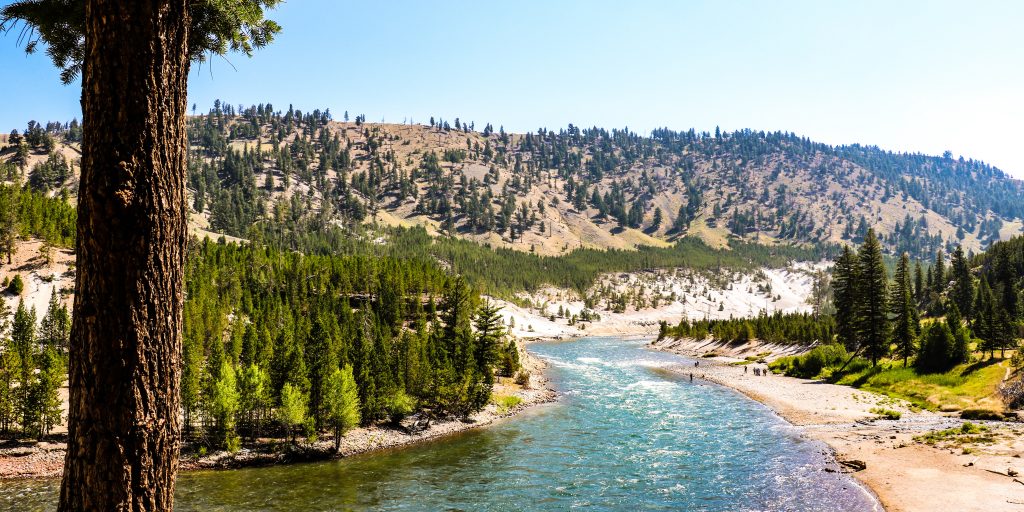4 reasons to maintain natural water systems
It has never been more important to understand the significance of preserving natural water systems, which are essential for sustaining the environment, providing economic benefits and defending nature. Here are four key reasons why we should take action to protect and preserve natural water systems.
Protecting nature
Preserving natural water systems is essential for protecting the environment and its biodiversity. Natural water systems provide habitats for fish and other aquatic species, which helps maintain the ecosystem’s balance. They also play an important role in controlling water supply, mitigating floods and providing clean drinking water. Additionally, natural water systems are important for maintaining the health of forests, wetlands and other ecosystems.
We all benefit from these resources, so local governments and the public must prioritize protecting and preserving them. This includes creating regulations or policies to limit or prevent development near natural water systems, investing in conservation and restoration projects, working with stakeholders to develop strategies for protecting these resources, and being mindful of our actions.
One example of a local government taking action to preserve natural water systems is in Boulder County, Colo., which has several policies to protect its natural streams and rivers, such as establishing stream buffers and limiting development near these resources. These efforts have maintained the health of Boulder’s natural water systems.
Preserving local tourism
Natural water systems also promote tourism and economic development in local communities. These resources provide various recreational opportunities for visitors, such as fishing, boating, kayaking, swimming, and more. The presence of natural water systems can also attract eco-tourists who want to experience the beauty of these areas. Preserving natural water systems has additional economic benefits for local communities.
For example, with the Flying Pig Adventure Company, you can book Yellowstone horseback rides through Yellowstone’s vast wilderness areas. These rely on the health of the park’s natural water systems to provide their services. Without these resources, it wouldn’t be possible to provide economic benefits to the surrounding area.
Environmental conservation
Regular maintenance prevents pollution. These resources help filter out pollutants that would otherwise enter waterways and harm aquatic life. They also absorb excess nutrients that can cause algal blooms and water contamination. Preserving these resources ensures that the environment remains healthy for future generations.
Vancouver, B.C., is another example of a municipality where action is being taken to conserve natural water systems. Their regulations and policies protect the natural streams and rivers from pollution and development. These efforts successfully maintained the health of Vancouver’s waterways, ensuring that they remain clean for future generations.
Promoting sustainability
Natural water systems are essential for sustaining communities. They provide vital sources of clean drinking water for people and wildlife, and support agricultural activities by providing irrigation for crops and livestock. Additionally, natural water systems can generate hydroelectric power or provide recreational opportunities such as fishing and boating.
Preserving these resources is critical to continuing to provide benefits, both now and in the future. Local governments can ensure the sustainability of these resources by investing in conservation and restoration projects or creating regulations and policies to limit (or prevent) development near them. The public can avoid polluting or corrupting these resources whenever they use them by following the procedures in place.
Natural water systems are essential for sustaining the environment, providing economic benefits, and preserving nature. We can all ensure these resources stay healthy in the long run if we all do our part to protect them.
Patrick Sipp is co-owner of Flying Pig Adventures in Garnder, Mont., which offers horseback rides and river rafting trips near Yellowstone National Park, allowing guests to experience an adventure unlike anything else under the guidance of a passionate family man.

















